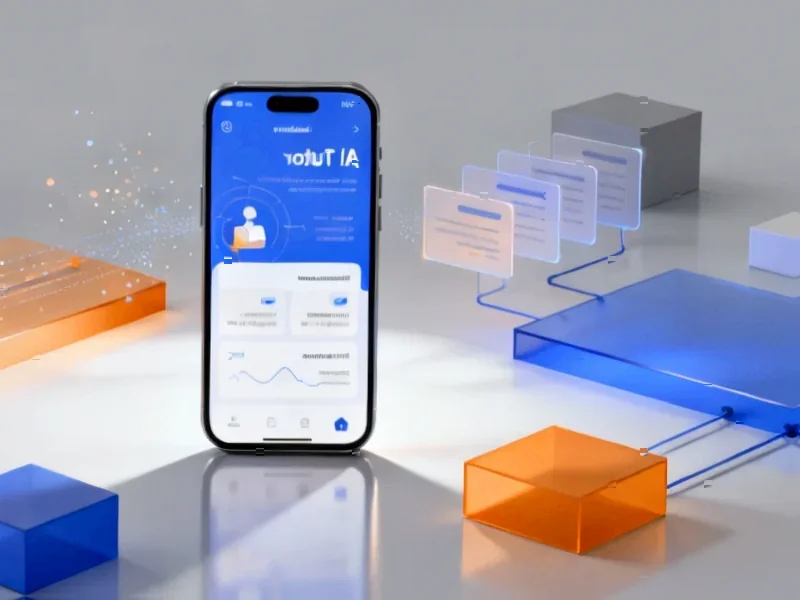According to Business Insider, Thomson Reuters reported quarterly results showing its legal unit grew organic revenue 9% to $700 million, with AI features driving double-digit growth across its CoCounsel products. Despite this, shares fell more than 6% on Tuesday and are down over 30% since mid-July as investors question the company’s AI strategy. CEO Steve Hasker argued the company’s combination of Westlaw’s legal data library and human editorial content creates a moat that’s “difficult, if not impossible, to replicate.” The company faces new competition from RELX’s LexisNexis partnership with AI startup Harvey and Clio’s $1 billion acquisition of legal data specialist vLex in late August. Meanwhile, the looming threat of OpenAI potentially entering the legal tech market directly adds another layer of uncertainty.
The legal AI arms race is heating up
Here’s the thing about legal tech – it’s suddenly become incredibly crowded. For decades, Thomson Reuters and LexisNexis basically had the market to themselves. They built these massive, carefully curated legal databases that law firms had to pay for. But generative AI changed everything. Now you’ve got well-funded startups like Harvey, which just partnered with LexisNexis, and Clio dropping a billion dollars on vLex to get into the data game.
And then there’s the elephant in the room: ChatGPT. Lawyers are already using it, either officially or on the sly. Harvey’s CEO admitted that buyers benchmark their legal AI solutions against the latest general-purpose models. So even if OpenAI doesn’t launch a dedicated legal product tomorrow, they’re setting the standard that everyone else has to beat. That’s a tough position to be in when you’re trying to convince law firms to pay premium prices for specialized tools.
Is Thomson’s moat really that deep?
Steve Hasker makes a compelling case about their competitive advantage. Westlaw ingests over 300 million documents annually, and about 85% of them get human editorial treatment – attorneys writing headnotes, verifying facts, tagging issues. In an industry where being wrong can cost clients millions, that human touch matters. But here’s my question: how long will that advantage last?
Basically, we’re seeing two different approaches playing out. Thomson Reuters is betting that specialized, curated data with human oversight will win against general-purpose AI. But the other side of that argument is that as AI models get smarter and more reliable, the need for that expensive human layer might diminish. And let’s be honest – when Hasker admits that anyone claiming to know exactly what’s going to happen is “slightly deluded,” that’s probably the most accurate statement in this whole debate.
Why investors aren’t buying it
The stock drop tells you everything you need to know about Wall Street‘s current mood. They’re worried Thomson Reuters is building what critics call a “model wrapper” – basically taking someone else’s AI (they use OpenAI’s GPT models in CoCounsel) and putting their data on top. If that’s all it is, then where’s the long-term defensibility?
And Hasker dismissing startup valuations as “squishy” feels a bit like the established player trying to downplay the newcomers. Sure, some AI startup valuations are insane. But when your stock is down 30% in a few months and these “squishy” competitors are landing major partnerships and acquisitions, maybe there’s something real happening there.
The legal tech market is at this fascinating inflection point. We’ve got the old guard with their data moats, the well-funded middle ground with Harvey and Clio, and the potential disruptor in OpenAI that could change the game entirely. Hasker’s right about one thing – nobody really knows how this ends. But the companies that survive will probably be the ones that can prove their AI isn’t just a fancy wrapper, but actually delivers better legal intelligence than what lawyers can get from ChatGPT.




